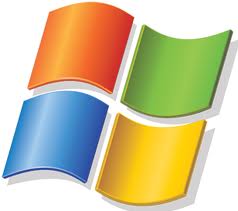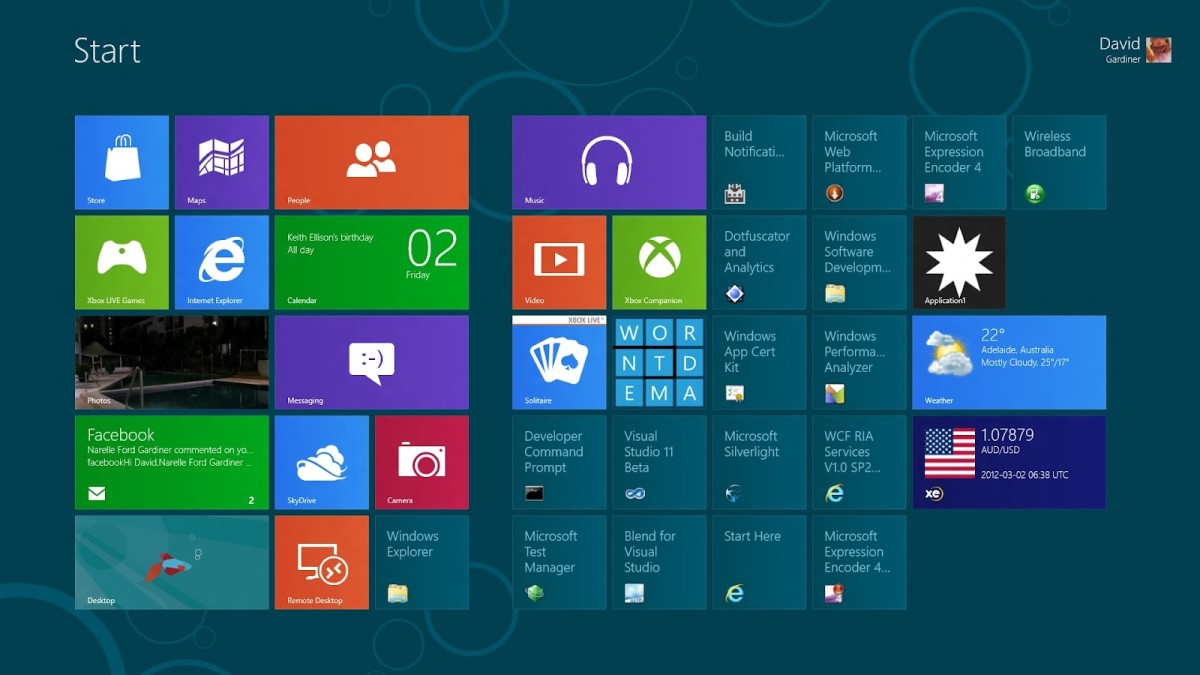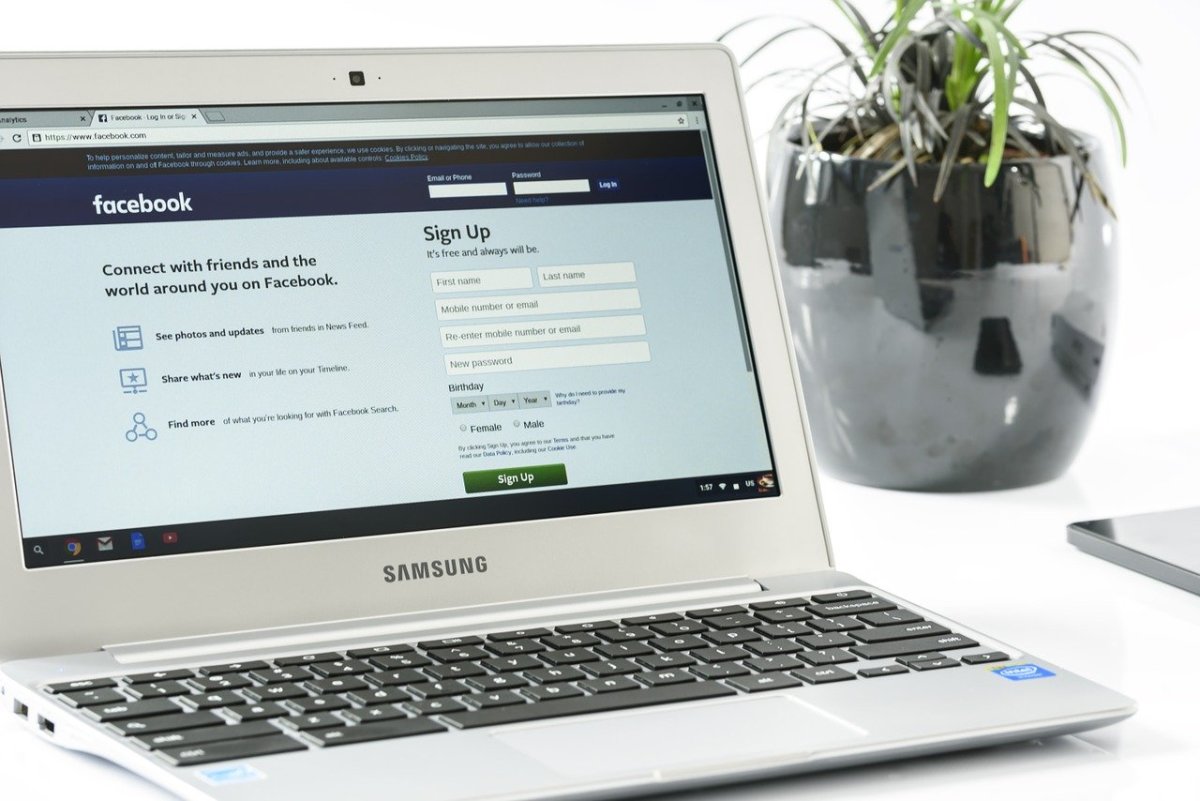Google :: Windows Google :: Windows Google Interface :: Windows vs Google Chrome OS

Google Windows :: Google Windows Interface.
Google works on Windows. Google works on other operating systems. Does Google need Windows? Google works on Chrome. Can Windows be replaced by Google Chrome OS?
Google :: Windows Google :: The Google Windows Interface
Google [Homepage], the website, runs on all operating system platforms. Any new version of Google Search is rolled out to operating systems, hierarchically, according to their significance to Google Inc.. Google Windows is completed first, Google Linux, Google Mac and the rest follow on behind. It is no secret that Google Inc has eyes for the lucrative operating system market which has been dominated by Microsoft Windows for so long. The development of Google Chrome OS, the operating system that Google hopes will take a significant slice of the Microsoft Windows OS cake, has begun. So where will that leave:
-
The relationship between Microsoft and Google?
-
The Google Windows interface?
-
Microsoft Windows?
The following sections look at the aspects that influence what is happening now, what will happen in the short term and what the outcome might be.

What Is Google Chrome OS?



Google Windows :: 1. The Effects on the Google / Microsoft Relationship.
Well, the first question is pretty easy to answer. The relationship between Google and Microsoft has been pretty prickly for some time. Whether it is that Google Inc sees that it needs to expand from it's predominantly internet-based solutions to continue it's exponential growth plans or whether they just are not getting the support they need from Microsoft, in terms of a secure operating system, is open to question.
There has been much speculation and debate, emanating from an uncorroborated FT (Financial Times) report in May 2010, that Google employees are to stop utilising Windows Googlefor work they undertake in-house. The reason cited for this is that Google Inc has apportioned blame squarely at the feet of Windows OS for the problems that occurred with the Chinese hacking of the Google website (www.google.com) in January 2010.
The vulnerabilities of Microsoft Windows OS and Microsoft Internet Explorer web browser to security attacks have been reported consistently over the years so it should come as no surprise that a hacking attack would be forthcoming on such an internet presence as Google. So why, if the reports are true, which is doubtful, would Google begin to move away from the Windows operating system? Could it be that their own Google Chrome OS is rolling out internally? I doubt that they would compromise their office tasks with even a beta version of their own operating system.
Of course, they are already taking Microsoft on head first by rolling out the Google Chrome browser. Now that is an easy one for Google, as the browser can be advertised every time Windows Google, Mac Google or Linux Google is presented as the search facility on-screen. With it's predominant market share of internet searches through the Google Homepage, and also Google custom-search, surfers are flocking to download the Google Chrome browser.
So one part of the Microsoft empire is being attacked successfully, even though most computers are rolled out with Microsoft Internet Explorer installed. With Microsoft IE is it easy to change your Homepage! Perhaps the strategy of Google is to integrate Google Chrome browser with Google Chrome OS operating system and forge relationships with computer manufacturers in order to oust Internet Explorer as the browser of choice for new builds. If Microsoft has abused it's position and asked too much of the computer manufacturers then the doors will be ajar for Google to push through.
A little competition never hurt any market, particularly from a consumer point of view. And anyway Google is just responding to the Microsoft push into Google's searching domain with the arrival, and aggressive marketing of, Microsoft Bing search facilities.

Google Chrome OS Demo



Google Windows :: 2. The Future of the Google Windows Interface.
The Microsoft Windows operating system is the predominant force in the operating system marketplace. Google Search is the predominant force in the search market. Microsoft Internet Explorer is still a major force in the browser market. This triumvirate forms an overriding force wherever computers interface with the internet. Too many customers are locked in to the Windows Google combination for there to be any overnight significant changes.
But change is occurring:
Google Chrome browser has been developed with the same philosophy as Google Search: minimal clutter on your computer screen. If you want personalised, but organised, clutter when surfing you can always use iGoogle. The Chrome browser has also been developed with Google Search in mind. The best results for both are if they are combined for an internet surfing experience. And Google Chrome extensions have been introduced, following in the footsteps of another internet browser, Firefox, where Firefox extensions, developed by third-party software manufacturers, enhance the browser functionality.
Google Chrome OS is being developed. No doubt it is being developed with the Google Chrome browser and Google Search in mind. The difficulty with a new operating system is that many other computer functions need to integrate seamlessly. Is this why we have seen the arrival of Google Documents and other non-search functions out of Google Labs?
If Google staff are being encouraged to ditch the Windows Google interface and turn to Linux or Mac then leaking rumours about it may be a good strategy. Linux and Mac should not get too excited though as it would obviously be an interim solution.
So where next for the Google Windows interface?
Well, I see a gradual polarization of product groups:
Microsoft Windows operating system will operate with Internet Explorer, the Bing search facilities and Microsoft Works, as now.
Google Chrome OS will operate with the Google Chrome browser, the Google Search facilities and Google Docs.
Google Search and Bing will operate on all operating systems and browsers but be updated slowly with new versions rolled out to them hierarchically according to how important they are to each, in terms of customers, at the time.
Other search engines will have to integrate as best they can.
Other browsers will gradually be sidelined unless they show significant performance and / or functionality advantages over Internet Explorer or Google Chrome.
Other operating systems will be even more isolated. The Mac OS X will be for Macintosh products alone. Linux OS will be for those of us that want an open system, with an OpenOffice, Oracle and Sun Microsystems environment – possibly mainly in the academic and development world.
Computer manufacturers will have a choice (at last) whether to integrate the Microsoft quartet or the Google quartet. And I am sure that Microsoft has implemented a strategy of tying in manufacturers to a long contract to install their products (or am I being cynical here?).
But this will all be gradual.

Google Targeted by States for Collecting Personal Data
Google Ordered to Turn Over Personal Data
Why Google is so Hungry for Personal Data?
Google Windows :: 3. The Future for Microsoft Windows?
Too many people are tied in to the Windows Google pairing, especially in the developing nations, for there to be a need for panic on the pat of Microsoft Windows. The growth areas for economies are the heartland for the Google Windows interface. Microsoft is too well ingrained in computer manufacturers' mind-set's for them to jump ship to a Google Chrome OS operating system, on a whim.
Where the change might come, if Google loses sight of it's mainstay product, is where consumer choice is at the centre of the battle. It is easier for consumers to choose and change their browser and the search engine they use, than to change their operating system. It is therefore easier for Microsoft to usurp the dominance of the Google Search facilities than it is for Google to replace the Microsoft Windows operating system.
If Google persists in it's policy of riding roughshod over consumers personal browsing data then any search engine that gives better personal protection over that data, or does not collect it at all, will become the search product of choice for individuals and countries that have data protection laws for personal data. Google collecting data about browsing habits and information contained in Gmail e-mails is great for businesses and those that need information about those browsing habits but those that it is collected from are gradually becoming aware of some of the sinister uses to which that data could be put. They are not best pleased. Beware Google.
Yes it is Google that should be more concerned at the progress of Bing than Microsoft at it's potential loss, to Google, of it's operating system market share.
Interesting times!











